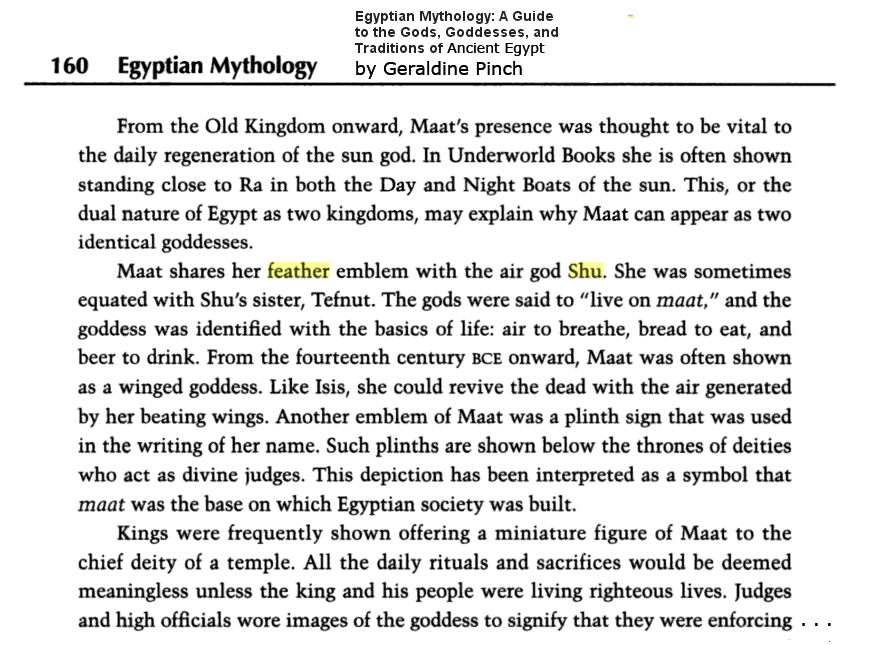November 28, 2013, Edited October 15, 2016
So I thought about what Dale Carnegie said, how a person's name is the most precious thing to them, and that they love to hear it. (So sad that I'm terrible with remembering names!)
Meanwhile, back to the Gods.... I had an epiphany about their names.
Ptah!
(P-TAH!) Creator god, patron of craftsmen..
I said it in my mind like that, (even imagining the swing of the arm as the hammer comes down.) For the person doing heka ("magic"), who desires to invoke Ptah's creative power, this so effective!
Correction! (October 15, 2016)
I used to say "F-TAH", but now I know it is "P-TAH". On one of my favorite forums, someone asked how Ptah's name is pronounced. Someone with an advanced degree in Egyptology said Ptah's name is pronounced P'tah, and described the 'P' as "plosive". Which I had to look up:
Plosive:
The linguist Antonio Loprieno further confirms this in Ancient Egyptian: A Linguistic Introduction, page 34:
When I say "P-TAH", I notice the effect of the sound of a metal worker's hammer hitting the anvil is much more effective. The "TAH" 'hammer hit' seems stronger.
And Set? I have the intuition that 'Set' (or Greek 'Seth') is actually truncation of his name, a 'neutering' in effect. His name is like the thunder:
Su-TEKH! (I can feel the thunder crack, like the thunder that shook the bed and woke me from my sleep last week.)
There's another varient of Set - Sutekh's name:
I have, too, a new understanding of Ma'at's name:
I heard somewhere that the proper pronunciation of "Ma'at" was not "Ma - At", but "Moo - At".
Mu-at does seem similar to 'Moo-at'. "Moo-At" brings to mind deities which were depicted with bovine features, such as Hathor.
Mu-at
In any case, the first syllable, using my intuition, seems to symbolize the intake of air, the BREATH, while the second syllable seems to symbolize the exhalation. As the balance of intake and out take of air are necessary, this seems a perfect way to represent 'Balance'.
His name is like the hammer hitting the anvil!
Adjective
"Of, relating to, or being a speech sound produced by complete closure of the oral passage and subsequent release accompanied by a burst of air, as in the sound (p) in pit or (d) in dog."
Noun
"A plosive speech sound.
Origin of plosive: From explosive.
The American Heritage® Dictionary of the English Language, 5th edition Copyright © 2013 by Houghton Mifflin Harcourt Publishing Company. Published by Houghton Mifflin Harcourt Publishing Company. All rights reserved.
Sa-TESH, it is like the charged heavens, just before the storm, the gathering of electrical energy.
"Ma'at shares her feather emblem with the air god Shu."
(Geraldine Pinch, _Egyptian Mythology: A Guide to the Gods, Goddesses and Traditions of Ancient Egypt_, (Oxford 2002), page 160

Wikipedia has
[mu?.?at], Information taken from phonetic symbols for Maat, and explanations on how to pronounce based upon modern reals, revealed in (Collier and Manley pp. 2–4, 154) How to Read Egyptian Hieroglyphs.
